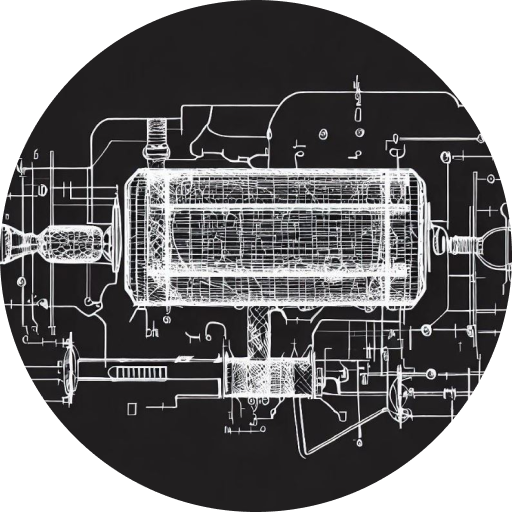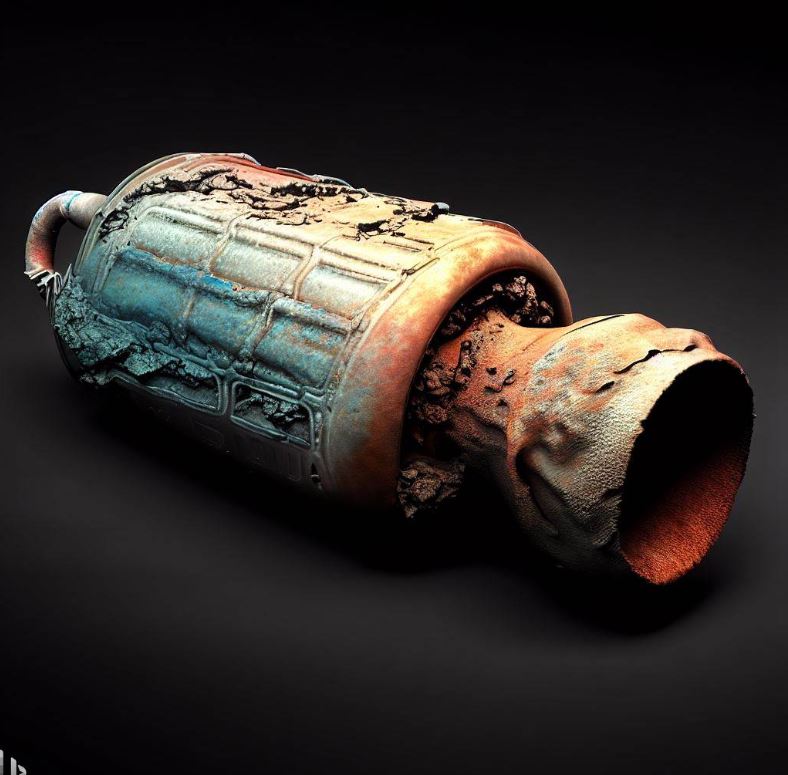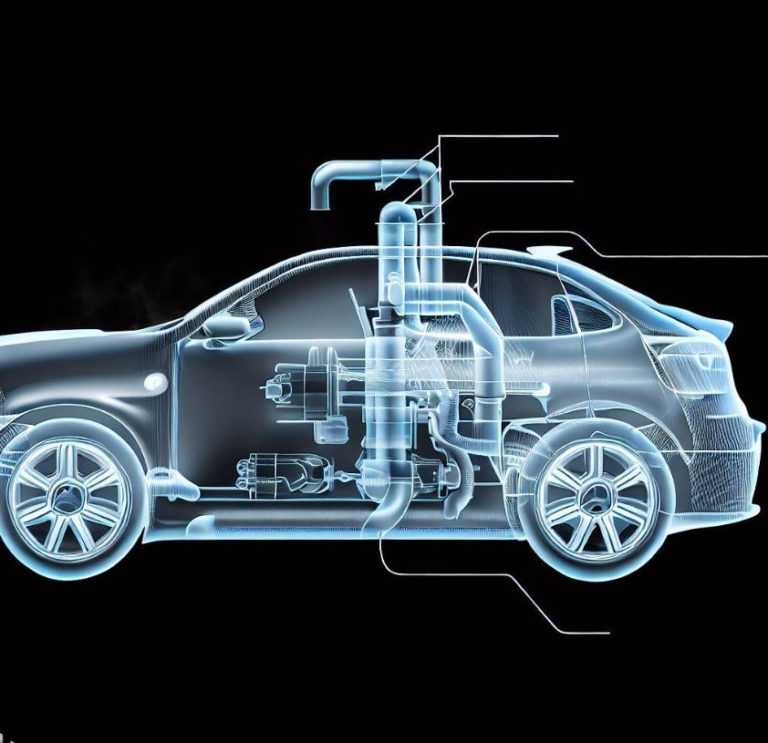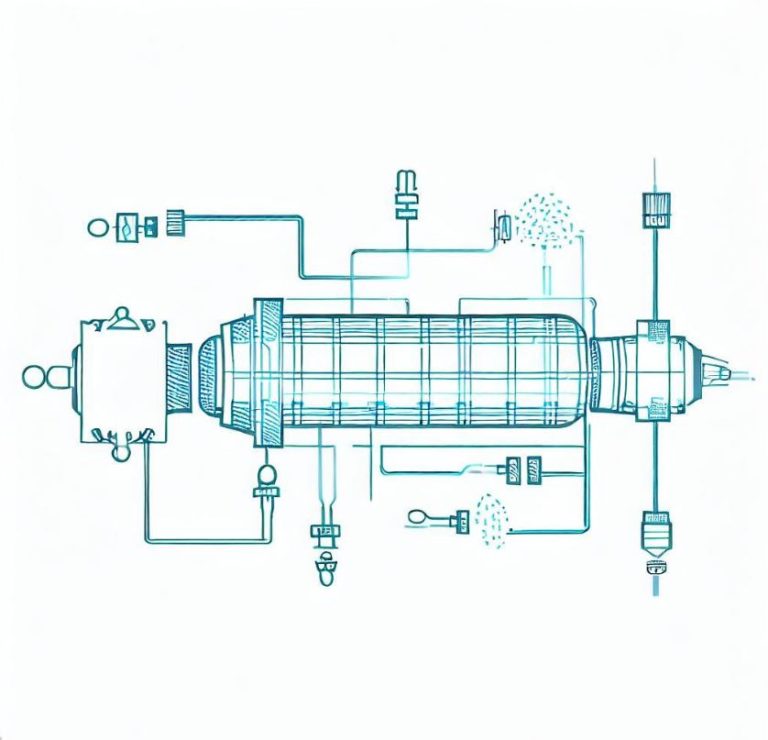What Happens When Your Catalytic Converter Goes Bad?
A bad or failing catalytic converter can cause a myriad of issues for your vehicle, from reduced performance to environmental harm. According to Cars.com, you might experience a variety of symptoms when a catalytic converter goes bad. Let’s delve into the issues that might arise when your catalytic converter is no longer in optimal condition.
Decreased Engine Performance
One of the first signs of a bad catalytic converter is a noticeable decrease in engine performance. This is often due to the catalytic converter becoming clogged, reducing exhaust gas flow and subsequently causing a reduction in engine power and responsiveness. This can make the vehicle feel sluggish, especially when accelerating.
Inefficient Fuel Economy
A poorly performing catalytic converter can lead to a decrease in fuel efficiency. This is often due to the engine working harder to expel exhaust gases, using more fuel in the process. Consequently, you may find yourself needing to fill up your tank more frequently than usual.
Failing Emissions Test
If your vehicle is equipped with a faulty catalytic converter, it’s likely that it won’t pass an emissions test. A bad converter can’t effectively convert harmful exhaust gases into less harmful substances, leading to a higher emission of pollutants which exceeds acceptable levels set by most emission control standards.
Increased Exhaust Fumes
Increased exhaust fumes are another common symptom of a failing catalytic converter. This can present as a visible increase in the amount of exhaust your vehicle is producing, or a stronger smell of exhaust fumes. These signs are due to the converter’s reduced effectiveness in treating exhaust gases.
Check Engine Light Illuminated
The illumination of the check engine light is often a sign of a bad catalytic converter. Most modern vehicles are equipped with oxygen sensors before and after the catalytic converter. If these sensors detect any inefficiencies in the converter’s function, they can trigger the check engine light on your dashboard.
Conclusion
It’s essential to understand the symptoms of a bad catalytic converter to ensure timely repair and prevent potential engine damage. For more information related to this topic, check out the articles “Understanding What Causes a Catalytic Converter to Fail” and “The Lifespan of Catalytic Converters: What to Expect“.
- Upgrade Your Honda Accord with the Best Catalytic Converter for Enhanced Performance - October 30, 2023
- Boost Your Chrysler 300’s Performance with a High-Quality Catalytic Converter - October 30, 2023
- Enhance Your Jeep Liberty Performance with a Catalytic Converter - October 30, 2023









